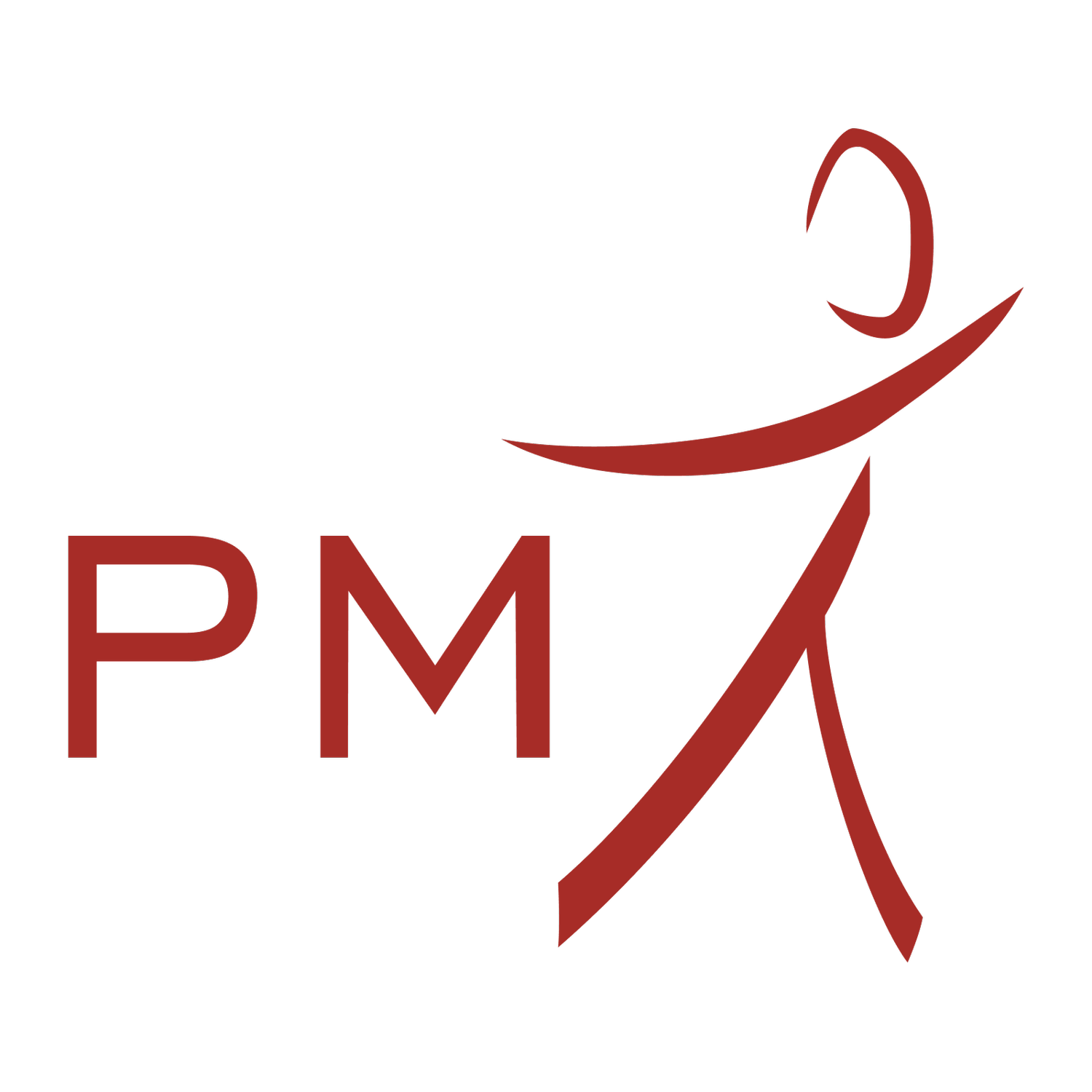Pilates & Core Stability
Real Time Ultrasound & Core Training
At PhysioMotion, all our staff are trained to use real time ultrasound imaging (RTUI) equipment.
RTUI assists with the analysis of muscle activation patterns in real time. These essential core muscles are:
Deep abdominal (transversus abdominus & obliques)
Pelvic floor
Lower back (multifidis)
A RTUI assesses whether muscles are working appropriately to allow for optimal movement.
It provides us with biofeedback about muscle activation patterns, timing and endurance capabilities. An example of its practical application is to see the extent and severity of a rectus diastasis (abdominal separation)
Examples of How This Might be Applied:
Back Pain
If you suffer spinal and pelvic girdle pain, the activation patterns of abdominal and back muscles are not coordinated and often, not symmetrical. Using RTUI, we can see how these muscles work and are able to retrain them specifically, which is essential for healthy movement, strength and performance.
Retraining motor control (the timing of muscle contractions and activation of specific stabilising muscles) is the ultimate goal of any exercise program to maximise strength of ‘global’ muscles, which allows for efficient movement.
Retraining stabilising muscles enables the body to transfer the load through the spine and pelvic girdle and to other joints of the body. This allows for stability without compromising mobility, and creates dynamic movement with control, which results in a true performance enhancement.
Rectus Diastasis
It is important to assess whether your body has adequate support for your lifestyle or sport. Using RTUI, we will determine how well your supporting trunk muscles are functioning in relation to a rectus diastasis. We will also perform other clinical and functional tests to check the relative importance of a rectus diastasis.
We will inform you of the impact these results will have on your physical health. In cases where surgery may be required, we will provide counselling based on your goals and scientific evidence related to healing of a rectus diastasis.
Once the foundation of adequate ‘core strength’ is achieved, we will integrate this with your ‘global’ muscles and into your desired sport or function.
Pilates, Core Stability, Strength & Performance
Amongst our team, we have therapists who have competed at national level in their chosen sport and Olympic representative Physiotherapists. We truly understand the demands of elite level training, whilst preventing injury during training and competition.
The ‘core unit’ is a set of muscles that form a moveable cylindrical support system for the lower back and pelvis. These muscles are the transversus abdominis, diaphragm, multifidus and pelvic floor.
Peak strength and fitness without injury can only be achieved with optimal neuromotor recruitment of the core muscle.
Recent studies have shown that core stability retraining is effective in the management of orthopaedic issues that relate to movement as well improve overall strength. It works by teaching coordinated activation and sequencing of the correct muscles during any movement – from walking to elite level performance.
Incorrect biomechanics resulting from injuries, inactive lifestyles, inappropriate training regimes and pregnancy related changes can be addressed with effective exercise focused on building a strong core foundation.
Core Stability
At PhysioMotion, we focus on optimal physical health including strength training based on core stability principles. We offer core stability training that is appropriate for everyone who wants to develop a strong foundation to move well.
Core stability programs help with:
Injury management & prevention
Enhancing sports performance through effective strength training
Addressing biomechanical issues, muscular imbalances & muscle strains
Increasing flexibility
Managing lower back & pelvic related pain
Improving posture & back pain
Pregnancy related musculoskeletal issues
Pelvic floor retraining
Strength Training
At PhysioMotion, we will work with you and other fitness professionals to:
Design & implement a progressive training program focused on injury prevention
Identify areas of specific weakness that is limiting performance
Assess core muscle function for using real time ultrasound optimal core stability & control
Perform a sport specific technique analysis
Consult with nutritional specialists to ensure dietary intake is adequate to meet training needs
Pilates
Pilates is a proven way to improve core strength. We tailor Pilates sessions and fitness training based on your specific abilities.
Pilates is a form of exercise that focuses on the use of your ‘core muscles’ using various apparatus and whole body movements.
Pre & Postnatal Pilates
The journey through motherhood presents a wonderful opportunity to build strength, develop endurance and connect to your core. We offer pre and postnatal exercise sessions to assist mothers to focus on core work, pelvic floor retraining and whole-body strength. It is an ideal workout for mothers and expectant mothers as it combines appropriate levels of pre / post-natal exercise.






